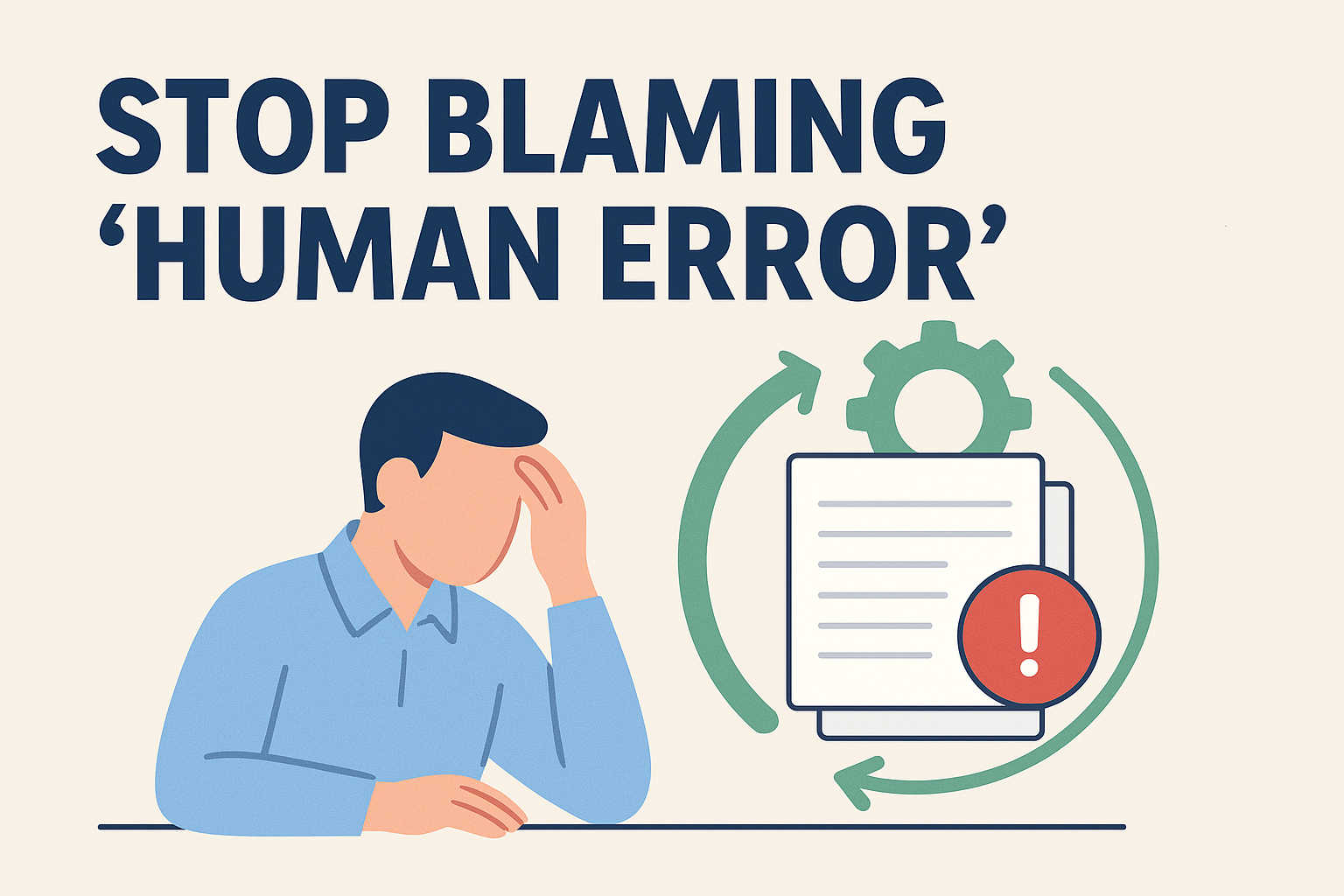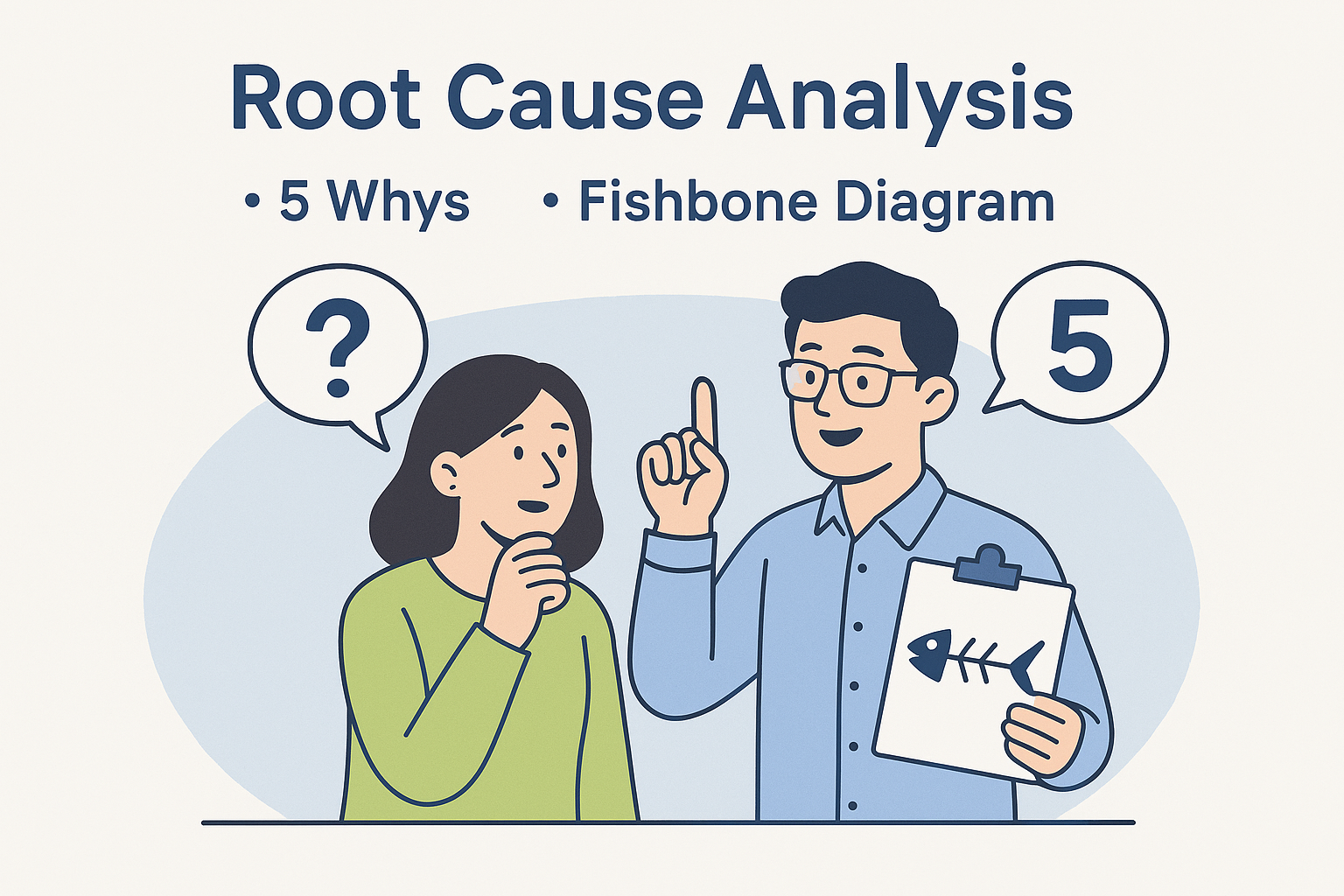Mohamad-Ali Salloum is a Pharmacist and science writer. He loves simplifying science to the general public and healthcare students through words and illustrations. When he's not working, you can usually find him in the gym, reading a book, or learning a new skill.
Palbociclib and letrozole in hormone-receptor positive advanced breast cancer: Predictive response and prognostic factors
Share
I am glad to announce that a new article was published on June 2022 in the journal "Current Problems in Cancer" which I participated in as a co-author. I wish you a joyful reading of the abstract below!
- PMID: 35378469
- DOI: 10.1016/j.currproblcancer.2022.100859
Abstract
CDK 4/6 inhibitors have been yielding propitious results when with hormone therapy in the management of Her2-negative and hormone-receptor (HR)-positive metastatic breast cancer, Palbociclib being one of the first molecules investigated in this setting. However, the response to CDK4/6 inhibitors is variable. To identify predictive and prognostic factors of response to this therapeutic regimen.
Eligible patients were females with HR+ and Her2- advanced breast cancer, receiving Palbociclib in combination with Letrozole. PFS was the primary endpoint in the evaluation of response to treatment. This survival was then further segregated according to various characteristics: histological (type, grade, hormone receptors), metastatic site, line of treatment, response type at initial assessment, and best response achieved. The data was then processed by two statistical analysis models: Kaplan-Meier and univariate preceding multivariate Cox proportional risks.
Sixty patients were included and followed for a median follow-up duration of 15.98 months. PFS recorded a median of 19.07 months (95% CI=15.43-22.71). PFS had a median of 12.99 months in the absence of progesterone receptors (vs 20.05 months in the case of positive estrogen and progesterone receptors; P = 0.046), a median of 13.02 months in the presence of liver metastases (vs 22.98 months in the absence of liver metastases; P = 0.007), and 15.94 months in the case of second-line and beyond (vs 22.98 months in the case of first-line; P = 0.033). Regarding the Hazard Ratio of progression, we note age (HR 0.941; P = 0.019), liver metastases (HR 2.751; P = 0.051), response at initial evaluation (HR<1; P < 0.001) and best response (HR<1; P = 0.003). PFS reached similar figures to those of international studies. The absence of progesterone receptors, the presence of liver metastases, and use as second-line or beyond are associated with a reduced median PFS. One year age increase (protective factor), liver metastases (risk factor), response at initial evaluation, and best response achieved are identified as the most predictive factors of the response to this treatment regimen and of the progression risk.
Copyright © 2022. Published by Elsevier Inc.
The article was in collaboration with:
Khalil El Gharib (1), Walid Macaron (2), Joseph Kattan (2), Mohamad Ali Salloum (3), Fadi Farhat (3), Marianne Smith (4), Fadi El Karak (2)
Affiliations
1) Department of Medicine, Staten Island University Hospital, Staten Island, New York. Electronic address: khalil.gharib@outlook.com.
2) Department of Hematology-Oncology, Faculty of Medicine, Saint Joseph University, Beirut, Lebanon.
3) Hammoud Hospital University Medical Center, Saida, Lebanon.
4) Department of Medicine, Staten Island University Hospital, Staten Island, New York.
Resources:
1) Gharib KE, Macaron W, Kattan J, Salloum MA, Farhat F, Smith M, Karak FE. Palbociclib and letrozole in hormone-receptor positive advanced breast cancer: Predictive response and prognostic factors. Curr Probl Cancer. 2022 Jun;46(3):100859. doi: 10.1016/j.currproblcancer.2022.100859. Epub 2022 Mar 28. PMID: 35378469.
List of Services
ABOUT THE AUTHOR
Mohamad-Ali Salloum, PharmD
Share
Recent articles:





















